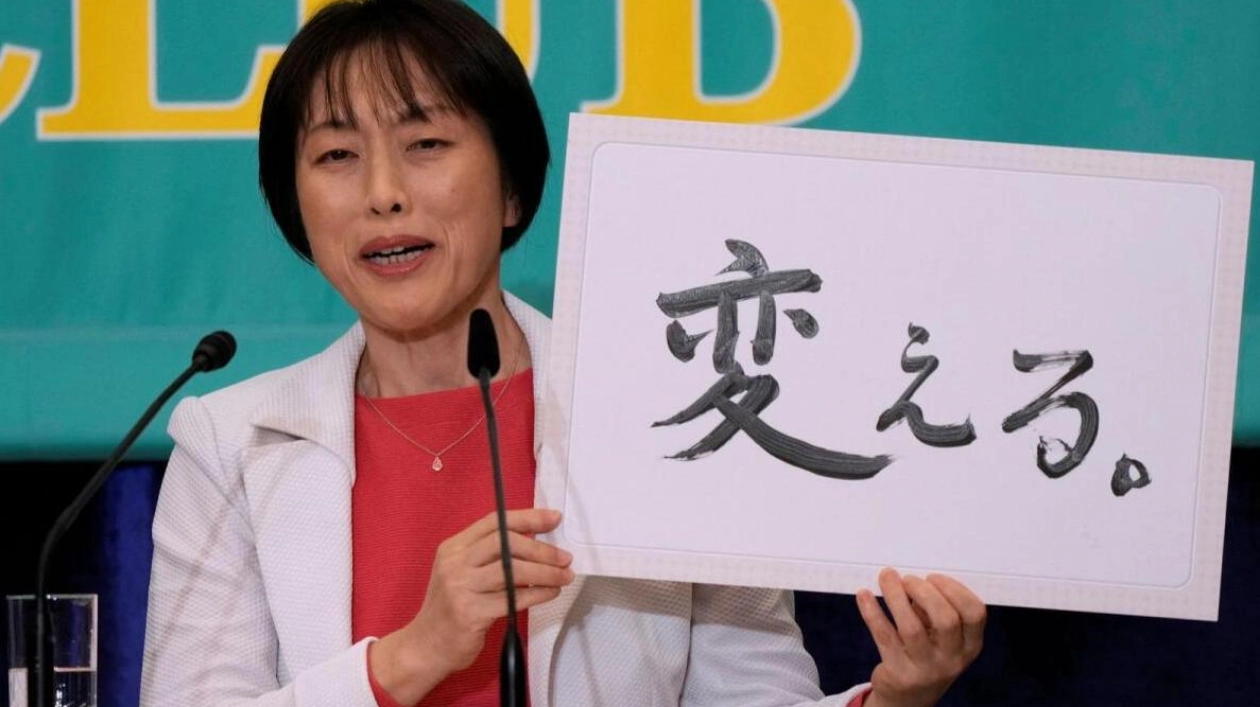Tomoko Tamura of the Japanese Communist Party participated in a debate with other political party leaders at the Japan National Press Club in Tokyo on October 12, as reported by Reuters.
Campaigning officially commenced on Tuesday in Japan for the October 27 election, where new Prime Minister Shigeru Ishiba aims to maintain his long-ruling party's majority. Loudspeaker trucks began their rounds, and candidates distributed flyers in anticipation of the vote. Central issues in this election include rising prices, regional security concerns, and public unease over scandals within Ishiba's Liberal Democratic Party (LDP).
The LDP has dominated Japanese politics for decades, despite frequent changes in leadership. Low voter turnout and a fragmented opposition suggest that the LDP and its coalition partner are likely to secure victory. A recent Kyodo News poll indicated that Ishiba's LDP remains the most favored party at 26.4 percent, compared to 12.4 percent for the main opposition Constitutional Democratic Party of Japan (CDP).
Former Defense Minister Ishiba, 67, who describes himself as a security policy enthusiast, won the ruling party's leadership election in September and was swiftly approved as prime minister. He called for an early election to strengthen his mandate for policies aimed at revitalizing Japan's aging population and depopulated rural areas. Diplomatically, Ishiba advocates for revising the Japan-US security treaty to better reflect Japan's sovereignty and supports the formation of a regional military alliance akin to NATO to counter China, though he acknowledges this would not occur immediately.
Ishiba's goal for the election is for the LDP and its junior partner Komeito to retain a simple majority in the lower house of parliament. However, the LDP must address voter skepticism arising from a recent slush fund scandal and questions about lawmakers' connections to the Unification Church. Ishiba has vowed to guide Japan's economy out of deflation and plans to increase incomes through a new stimulus package and support for low-income families. Another contentious issue is whether to permit women to keep their maiden names after marriage, an area where opposition parties hope to attract liberal support.
The justice ministry notes that, to its knowledge, Japan is the only country requiring married couples to adopt a single surname, typically the husband's. While the CDP supports allowing married couples to keep separate surnames, the conservative LDP has been more reserved, emphasizing 'traditional family values'.






